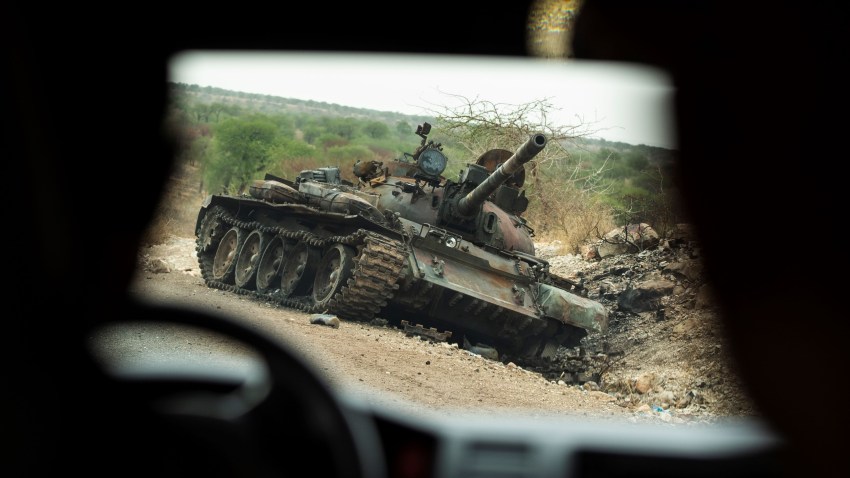Africa’s bloodiest war in recent memory, the two-year battle pitting the Ethiopian federal government and its allied forces against fighters from the Tigray People’s Liberation Front, may have found a peaceful resolution. The war was characterized by large-scale atrocities, led to a devastating humanitarian crisis and strained Ethiopia’s relations with the West. But on Nov. 2, following days of negotiations in Pretoria, South Africa, the two sides announced they had signed a cessation of hostilities agreement.
A follow up implementation deal signed in Nairobi, Kenya, on Nov. 13, included more specific timelines outlining what will happen when, and also offered guidance on immediate access to humanitarian provisions—urgently needed by millions of people—and a resumption of telecommunication, banking, electricity and other basic services in Tigray. Notably, the Nairobi deal addresses head-on the most difficult sticking points: the withdrawal of Eritrean forces as well as Amhara special forces and militias that have fought alongside the federal government; and the contested lands between Tigray and the larger neighboring region of Amhara.
Under the deal, the TPLF will be recognized as a political force and delisted as a terrorist organization. In return, it will hand over its heavy artillery to federal forces, and its fighters will disarm, demobilize and be reintegrated into society. An interim Tigrayan administration, which will likely be led by the TPLF, will be established. Though not mentioned by name, Eritrea will withdraw from Ethiopian territory where its armed forces are currently deployed in Tigray, and the disputes over land issues will be resolved through constitutional mechanisms. The deal also includes provisions to ensure a transitional justice and accountability mechanism.

